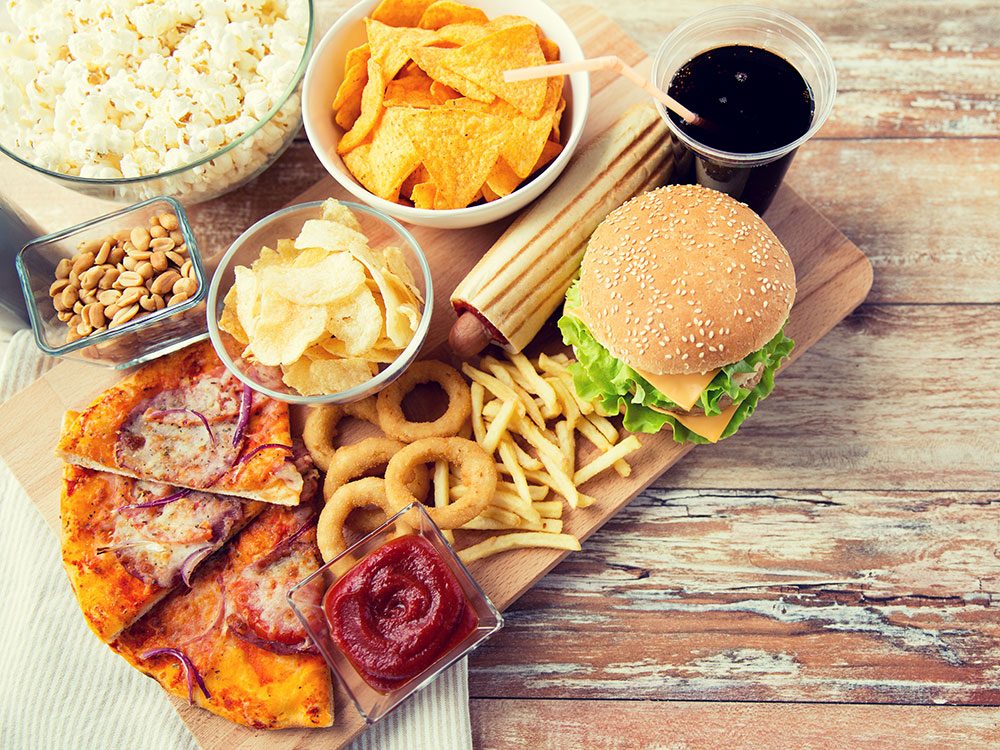
How to Spot the Signs of Binge Eating
More than just finishing a bag of chips in one go, binge eating involves consuming a large amount of food in a short period of time. If this happens once a week or more, you may have binge-eating disorder. Though binge-eating disorder typically develops in one’s late teens or early 20s, it can surface in any age group, says Martha Peirce, a psychotherapist in Hagersville, Ont., who specializes in eating disorders and addictions.
People affected by binge-eating disorder may grapple with stigmatization, so binge eating often happens in isolation and can be followed by feelings of shame or guilt. Moreover, the disorder can lead to additional health conditions over time: an increased chance of type 2 diabetes, gastrointestinal issues, high blood pressure and migraines.

How to Treat Binge Eating
Sufferers of binge eating may be using food to manage feelings of depression or anxiety, so treatment may involve medications to address those issues. In some cases, a physician might also prescribe Vyvanse (lisdexamfetamine dimesylate), a drug Health Canada approved in 2016 for moderate to severe binge-eating disorder, and that helps manage the compulsion.
Those facing the disorder can also benefit from psychological assistance. Cognitive and experiential behavioural therapy and behavioural modification programs may ease symptoms, but Peirce says peer support groups, such as Overeaters Anonymous, are particularly effective—the social engagement they offer thwarts isolation and shame.
To expand on treatment, consider mindfulness meditation and creative activities like painting or yoga. Anything that works to quiet the negative, chaotic thoughts that lead to the self-harming behaviour of binge-eating disorder, Peirce says, can aid in recovery.
For more on Binge-Eating Disorder, click here!